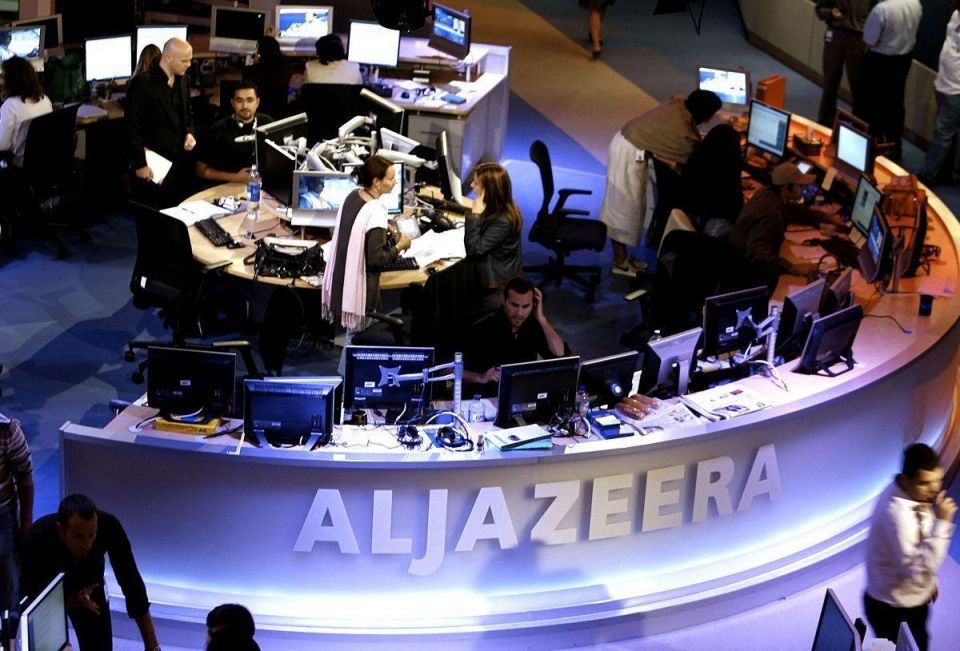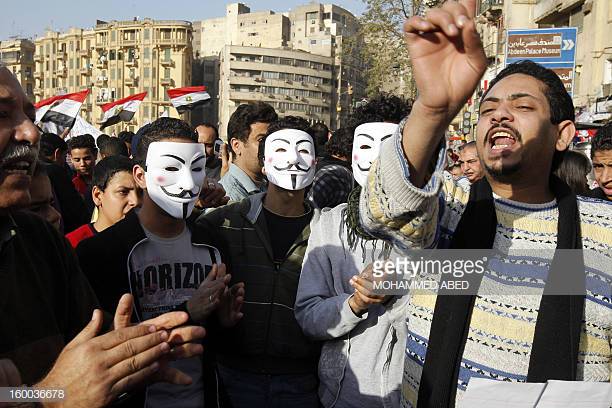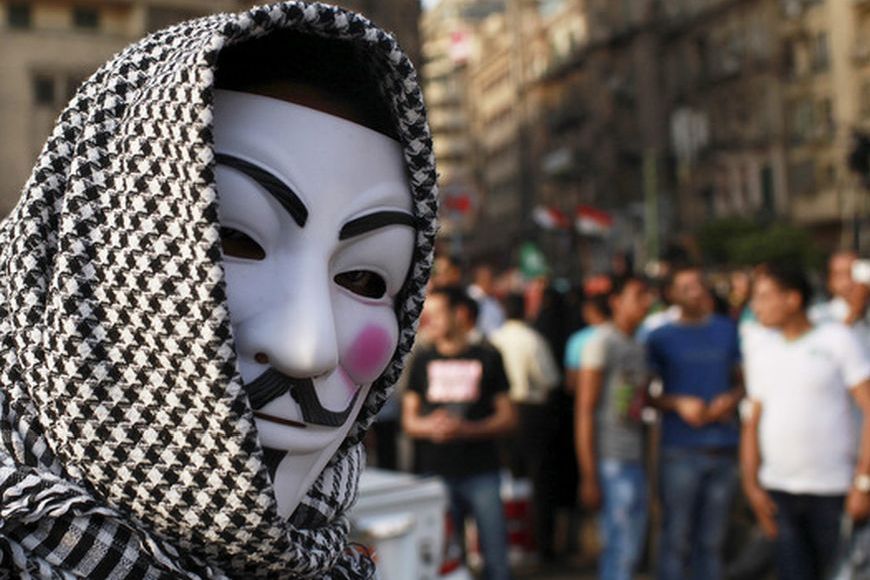At the end of 2017, a New York Times documentary called “She Wants Independence. In Egypt, That Can be Dangerous” was widely shared among my social circles. It wasn’t the relatively sensitive content of the video, which was narrating the experience of a young Egyptian woman who wanted to move out of her home, that struck me, it was the backlash that soon ensued.
According to several acquaintances and lengthy social-media posts, those who were in the documentary didn’t want to be in it anymore; they seemingly regretted their participation and hadn’t agreed on the final form of the video. The NYT filmmakers were contacted, and various emails went back and forth; while the video was not taken down, the NYT did stress that it took the concerns and safety of the participants seriously without shying away from having taken on an important topic relevant to the modern state of the Middle East.
I was one of the people who were against taking the video down.
Still, I lamented the risks and possible repercussions on the participants, and I didn’t want them to possible face criticism from family or external parties. The video was being shared widely. At the same time, the situation made me wonder about the relationship between sources and journalists or general content-makers. After such a situation, I saw how easily one could make the case for remaining an anonymous source when engaging with media.
In Egypt, various figures have gotten arrested or were the object of public hysteria for much less; accordingly, it is easy to want to remain safe from judgmental bosses, families and a society that easily finds fault in the new and unknown. However, the current climate of fear in Egypt, when talking about the most mundane to the most severe matters is getting, quite frankly, ludicrous.
In my experience working as a journalist, I have mostly been exposed to sources who have wanted to remain anonymous when the stories seemingly posed no risk. A Pinkberry employee requested anonymity when I was working on the growing frozen yoghurt trend in Egypt, several left-handed individuals requested anonymity when I was preparing an article on the stigma against the left-handed, a Greek-Egyptian man requested anonymity when we were reporting on ‘Nostos’, and a group of women who were asked about their ‘menstruation’ stories almost all requested to be anonymous. Yogurt, left hands, Greek identity and periods. In a nutshell, these are some of the things that apparently require the protection and security of anonymity.
When is anonymity used?
Anonymity in journalism is the omittance of a person’s full or partial name in respect to the fact that, although the information this source provides is supposedly true, he or she cannot be attributed information with their names attached for a multitude of reasons.
As per the Society of Professional journalists, the public has a right to know about the source’s reliability and credibility when considering particular information. A news outlet that loses its credibility will generate very little trust amongst a public which does not have faith that the stories it is reading are accurate or fair. If one suspects that a source or a story by an anonymous source was fabricated, then the journalist is seen as nothing but a fiction writer and a subject of confusion.
Accordingly, in the case of Egypt, a widespread demand from sources who condition their participation on this basis makes it impossible to bring about any real change. Not only does the average reader come to question the credibility or authenticity of the claims which are shrouded in anonymity, but it also turns every single topic into a possible taboo.
Argumenting in favour: anonymity saves sources
There have been other justified cases nonetheless, when tackling subjects such as atheism, sexuality, the military or politics; it becomes understandable if not outright recommendable to take this status on. However, with a growing animosity towards journalism worldwide, it seems that Egypt is not impartial.
Egypt’s mistrust with journalism has been a topic of scrutiny in the last couple of years.
Fueled by a distrust in Al Jazeera and foreign media coverage during the 2011 revolution, Egyptians have long felt the brunt of this coverage until today. The ensuing economical aridity made the lives of millions of Egyptians much harder and it fostered a stronger sense of patriotism in Egyptians who no longer wished to be puppets to an orchestrated media agenda in which they had no say.

There is, moreover, a responsibility on media publications as well. One learns to test the overall climate and assess what topics could land one in trouble and which wouldn’t. The responsible thing, when dealing with sensitive material in a country like Egypt, is to even offer anonymity to sources when it is truly needed. However, it is frustrating if not downright ridiculous, to grant anonymity for every voice that wants to not be given the responsibility of its opinions and experiences.
Ideally speaking, we can simply endorse the idea that a journalist can choose not to take on the anonymous source if they don’t want; this scenario would see most of Egypt’s most interesting and hidden community stories vanish in an instant. After all, journalists who have a story to share from Egypt or the Middle East are looking for true accounts to help their article idea hit home with readers who could empathize with sources.
That is not to say that in their quest for ‘true stories’ journalists don’t mess up.
“Of course, journalists do mess up sometimes. They can fall prey to confirmation bias, allow anonymous sources to run amok, fail to be fair and impartial. Perhaps most often and most foolishly, they can move too fast to publish in a highly competitive environment,’’ writes Media Columnist Margaret Sullivan in a Washington Post article.
I’ve seen this countless of times in Egypt. Confirmation bias is particularly rampant as journalists set out to prove that Egypt’s societal landscape has changed and want to prove this through personal narratives no matter the cost of blundered ethics.
Still, today’s journalism no longer focuses on state news or major topics such as politics and business; there is a growing interest in the ‘lives of the others’ and ‘citizen journalism’. In Egypt, particularly, there are new and growing trends every day: women are taking up parkour, polyamory is on the rise, there are no official statistics for sexually transmitted infections, marital rape is not considered felony although its victims are numerous, abortions run amok, and prostitution is still present although heavily contested.
It is important to report on these matters, but it is more significant to bring in sources who live these experiences to talk about them openly.

The main character of the NYT documentary, Esraa, apparently had to go into hiding after the Rainbow flag incident, in which several Egyptians raised the LGBTQ+ rainbow flag at a Mashrou’ Leila concert. It is hard to pinpoint exactly what went wrong in the NYT incident: was there not enough consent from the participants to be featured on the video? Was the video representing them in a way that they not agree with? Did the participants suddenly realize the extent of their participation and wish to retract their consent? If so, what does one do for the sake of journalism and making important stories reach a wider audience? Perhaps there is no precise answer for all these questions.
One is made to wonder, if resorting to the Guy Fawkes mask when dealing with media, who truly does benefit from the hiding, the sources? Or those who pushed them to hide?
*The opinions and ideas expressed in this article do not reflect the views of Egyptian Streets’ editorial team or any other institution with which they are affiliated. To submit an opinion article, please check out our submission guidelines here.




Comment (1)
[…] Source link […]